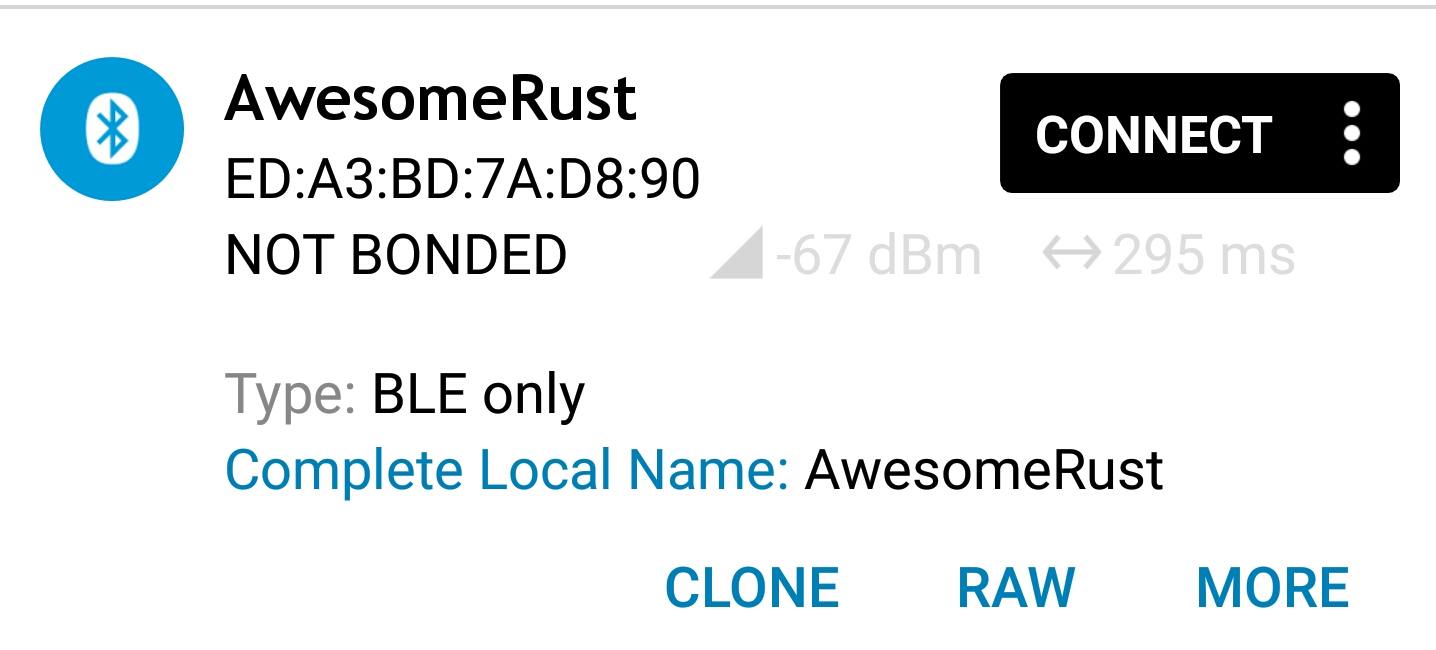Talking Tock 11
by AmitThis is the eleventh post in a series tracking the development of Tock, a safe multi-tasking operating system for microcontrollers.
Tock In-Person
In the last two weeks we had two great in-person meetings. First, some of us met at University of Michigan to tag-along to a workshop on Signpost, a modular city-scale sensing platform that uses Tock under-the-hood. Next, some of us met at Stanford for a Tock focused meeting. I forgot to snap some pictures to share even though I intended to. But trust me, both meetings happened.
The Signpost meeting was particularly exciting because about 15 new programmers built some Tock apps to run on Signpost. As the signpost platform matures, look for new exciting announcements around hardware and platform availability, as well as some new Tock primitives surrounding distributed programming and multicore resource sharing that are in early discussion stages from the project.
NRF51 Progress
@niklasad1 and @frenicth from Chalmers University have been making steady progress on support for the NRF51. So far they have upstreamed support for the temperature sensor and random number generator. Even more exciting, though, they have prototyped support for the Bluetooth Low Energy advertising directly in the Tock kernel! This will be one of only a small number of open-source (down-to-the-metal) Bluetooth Low Energy stacks and the only one in Rust.
Some cleanup and testing is still needed, but here’s a screenshot of the NRF51 development kit advertising from Tock to my phone:

Pull Requests
Merged
-
@brghena added tracking of the minimum stack pointer ever observed in a userland process for debugging.
-
@frenicth fixed
panic!in the nrf51-dk. -
@ppannuto fixed MPU regions sizing, moved process stack below data and GOT sections so an MPU error will occur on a stack overflow and did some C re-formatting for consistency
-
@niklasad1 and @frenicth added support for the NRF51’s temperature sensor and random number generator. They also implemented support for the AES-CCM, but we’re waiting on upstreaming that until we have a better sense of how encryption hardware should be generalized across MCUs.
Proposed
-
@phil-levis added support for RF233 acks
-
@daniel-scs implemented support for the SAM4L CRC controller and shared an early version through a pull request.
